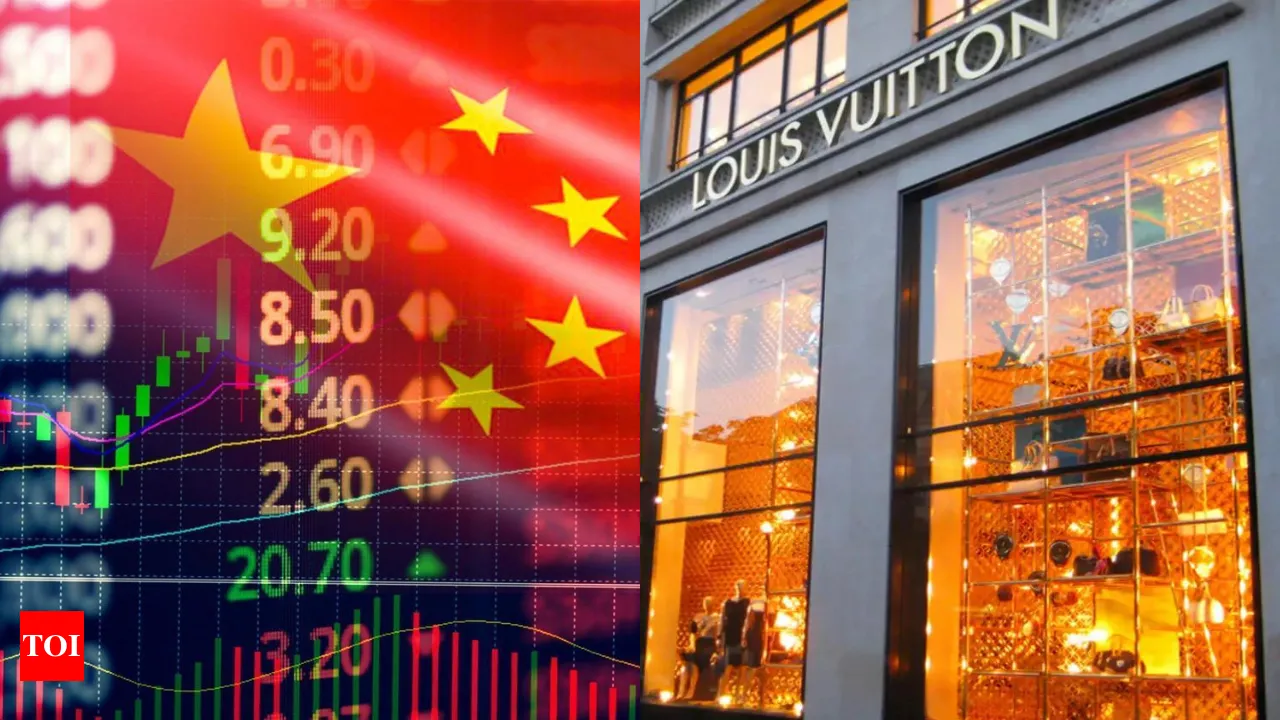Xi Jinping's Influence on LVMH and the Luxury Goods Industry

The Impact of Xi Jinping on LVMH and Luxury Goods
Xi Jinping is not just a political leader; his *policies significantly affect the luxury goods market*. Recently, he approved a stimulus package aimed at revving up the sluggish Chinese economy, which has a direct effect on top-tier luxury brands, particularly LVMH.
The Role of Luxury Goods in the Chinese Economy
Luxury goods account for nearly a quarter of global sales, positioning China as a vital player in this segment. Chinese consumers, traditionally the world’s leading spenders in luxury markets, have been hesitant due to economic challenges and government scrutiny over wealth.
- Real estate contributes 70% to household wealth in China.
- Xi’s stimulus aims to boost consumer confidence and spending.
The Ripple Effect on Luxury Brands
Following Xi’s stimulus, LVMH and other European luxury brands saw a surge in stock prices. Here are key players in this market:
- Moncler – Stock up by 13.8%
- Brunello Cucinelli – Stock up by 12.9%
- Burberry – Stock up by 12.6%
Such increases indicate optimism among investors about recovering sales from Chinese consumers.
Global Market Implications
If Chinese consumption begins to rebound, it could also regenerate interest in various discretionary sectors, from luxury cars to sophisticated financial advising, impacting benchmarks globally. Investors are watching these developments closely.
Conclusion: The $18 Trillion Question
As the narrative around Xi's decisions unfolds, *luxury market executives*, including Bernard Arnault, will be keenly observing the sustainability of this stimulus and its long-term implications for the luxury goods sector.
This article was prepared using information from open sources in accordance with the principles of Ethical Policy. The editorial team is not responsible for absolute accuracy, as it relies on data from the sources referenced.